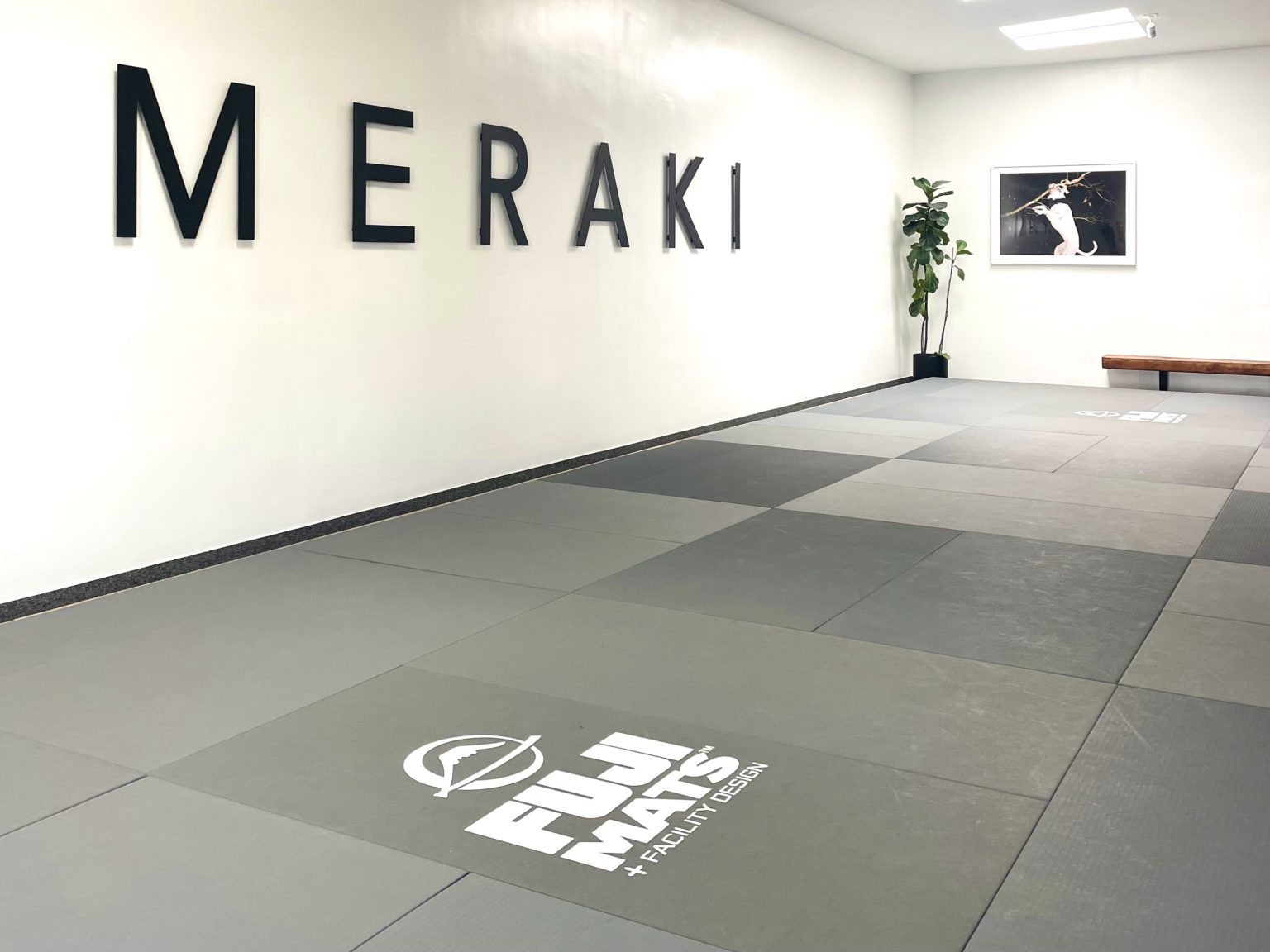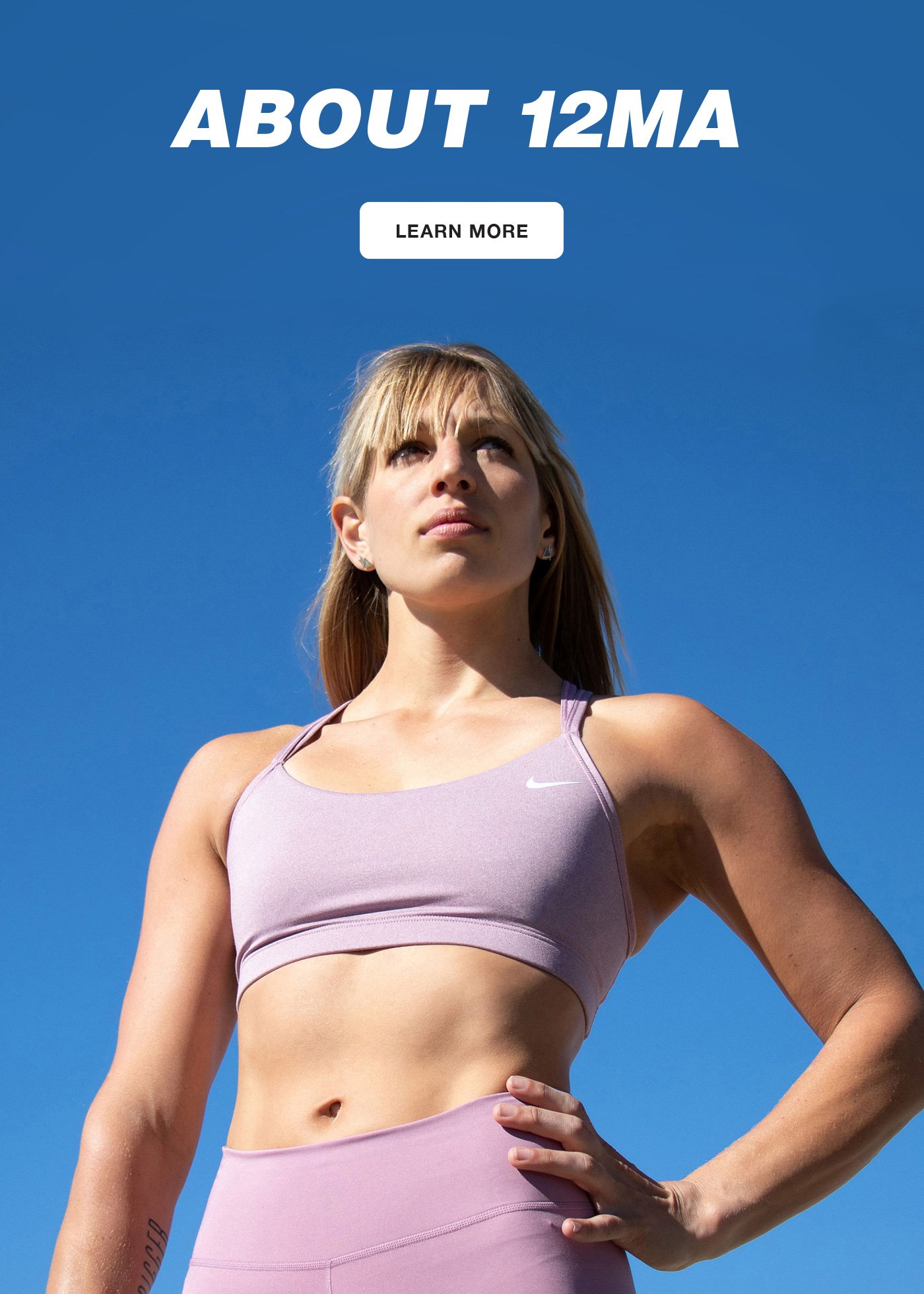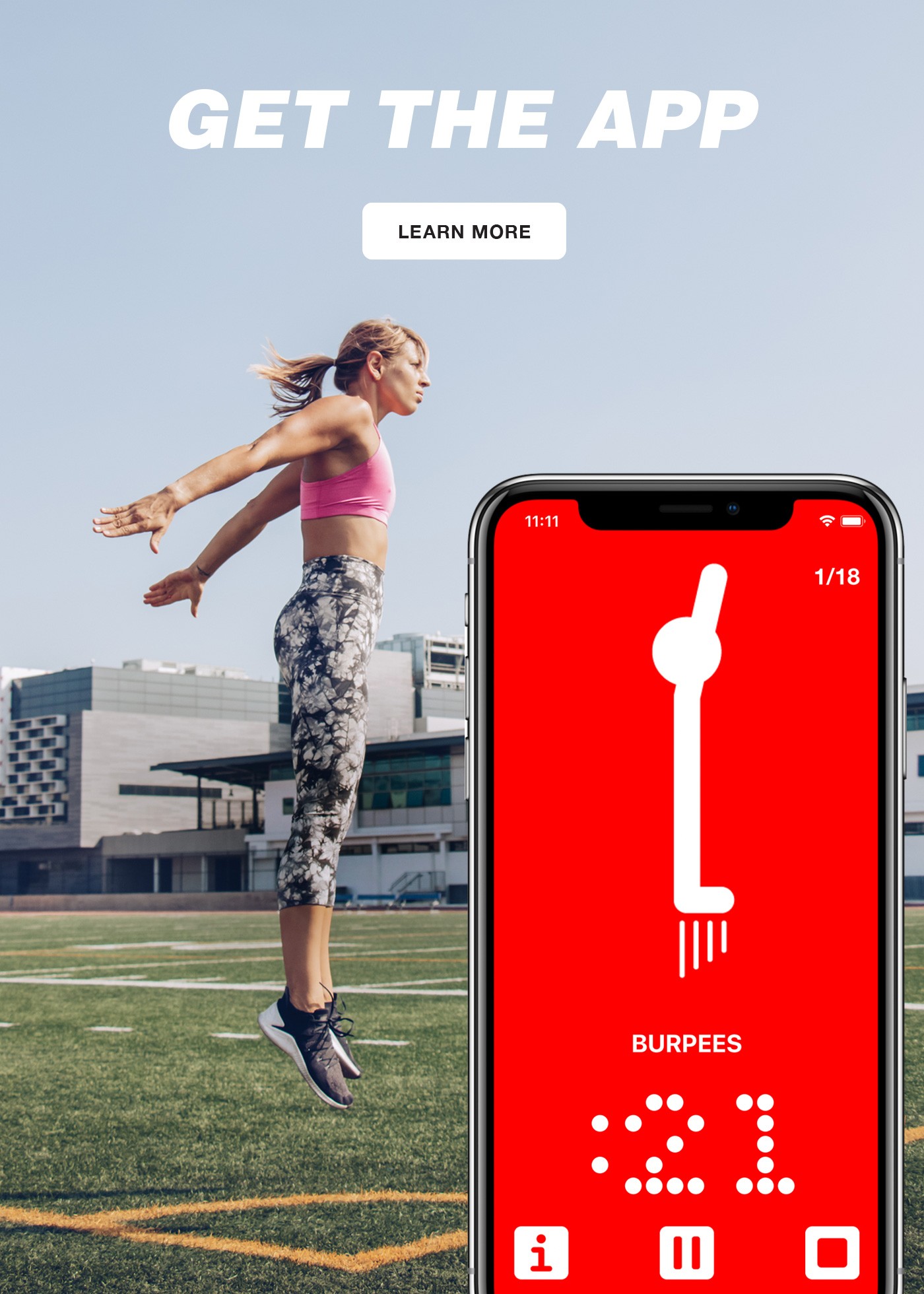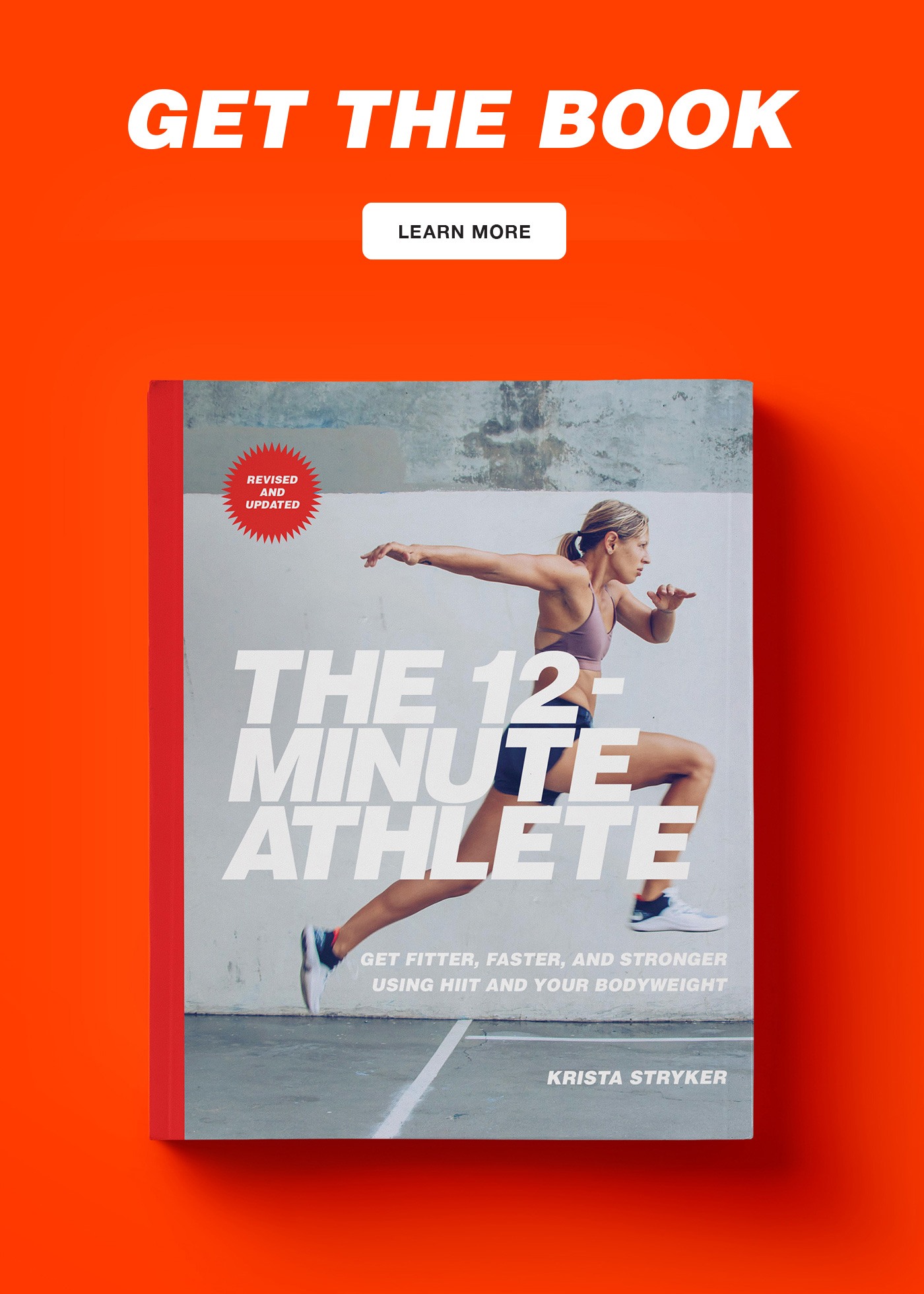 mind
mindThe bell rings, and my training partner and I fist bump to start the round. We circle, both of us in a fighting stance, right foot forward, bent over slightly. I fake grabbing his collar with my left hand, only to grab it with my right immediately. I switch my left grip to the back of his elbow, pull him forward to get him off balance and fall back onto the mat. Before he can react, I shoot my hips up, squeeze my legs around his waist and pull my knees hard to break his posture. In jiu-jitsu, this is called pulling to closed guard.
I hip bump sweep him, so I’m now in the top position, then he frames against me and gets out from underneath me. He tries to pass my guard, but I retain it. We go back and forth like this, exchanging advantageous positions in a dance of jiu-jitsu moves before the timer beeps and we fist bump again, congratulating each other on the round.
The rest of the five-minute round goes by without my awareness of the passing time. The brightly lit room fades out of my attention; I’m focusing only on my partner, my movements, and my reactions to his. I’m completely present, completely alive.
I’ve reached the feeling that psychologists call flow — what many people think of as being in the zone. The late psychologist Mihaly Csikszentmihalyi, who coined the term, defined it as “a state in which people are so involved in an activity that nothing else seems to matter; the experience is so enjoyable that people will continue to do it even at great cost, for the sheer sake of doing it.”
I can attest to this. When I’m having a good training day, I feel on top of the world. All the learning and endless reps I’ve done before that point come together effortlessly, and there is no place I’d rather be than that moment. I’m no longer thinking about how I’m doing, what others watching might think of my performance, or how I might do in my next tournament; I simply am.
Of course, not all days are like this. Some days, I can’t remember my left from right, and there is a five-second delay between the time my brain tells my body to do something and when my body actually performs the movement. Those are the days when I leave the mat feeling frustrated and wondering if the hard work I’ve been putting in will ever make a difference.
But not today. Today I am in flow. And it’s magical.
There’s a reason that my friend Steven Kotler, one of the world’s leading researchers on flow, says that flow is one of the most addictive states on earth. Flow releases a torrent of feel-good neurochemicals; a mix of dopamine, norepinephrine, endorphines, andandamide and serotonin. As a result, when we’re in flow, we feel on cloud nine. The world finally makes sense. It’s a magical feeling – one that, when it’s over, leaves us wanting more. Flow has lasting effects, too; being in flow more often leads to increased happiness, meaning, and purpose. It can even make us healthier physically.
We all differ in where we prefer to get our flow. Some, like me, will find it on the jiu-jitsu mat or when writing, while others may find it running, painting, or cooking an exquisite French dinner. Both my dad and Steven Kotler (who has written extensively about flow, including in his newest book) find it when skiing.
But flow isn’t a passive experience. According to Csikszentmihalyi’s definition of flow (not all psychologists agree on this), flow occurs at the edge of our abilities. To keep finding flow, we need to keep challenging ourselves. And that means spending most of our time learning, working hard, and struggling — not in flow. Flow is essentially the reward for all that hard work.
I spend most of my time training jiu-jitsu in that state — the opposite of flow — where every move is conscious, my body operating at a delay. On those days, it helps when I remind myself that this struggle phase of flow is unavoidable. To reach cloud nine, I know I must put in endless hours of hard work. But when everything comes together, and the room finally fades away, all of that hard work feels worth it.
When I’m in that state, at times flickering in and out of flow, I’ll sometimes have a brief awareness of all the training I put in to get there. When that happens, I briefly feel a burst of gratitude and wonder for the journey before snapping back to the moment, the room fading away again.
And that’s the lesson that always sticks with me long after the room comes back to focus: flow doesn’t just happen out of nowhere. Although our craft of choice doesn’t matter, the one thing that does matter is that we put in many hours not spent in flow — learning, experimenting, and, most importantly, struggling. And that we constantly push the limits of what we can do.
“The best moments in our lives are not the passive, receptive, relaxing times,” Csikszentmihalyi writes. “The best moments usually occur when a person’s body or mind is stretched to its limits in a voluntary effort to accomplish something difficult and worthwhile.”
And so I will keep putting in the work in hopes that I continue reaching those brief moments of flow.


